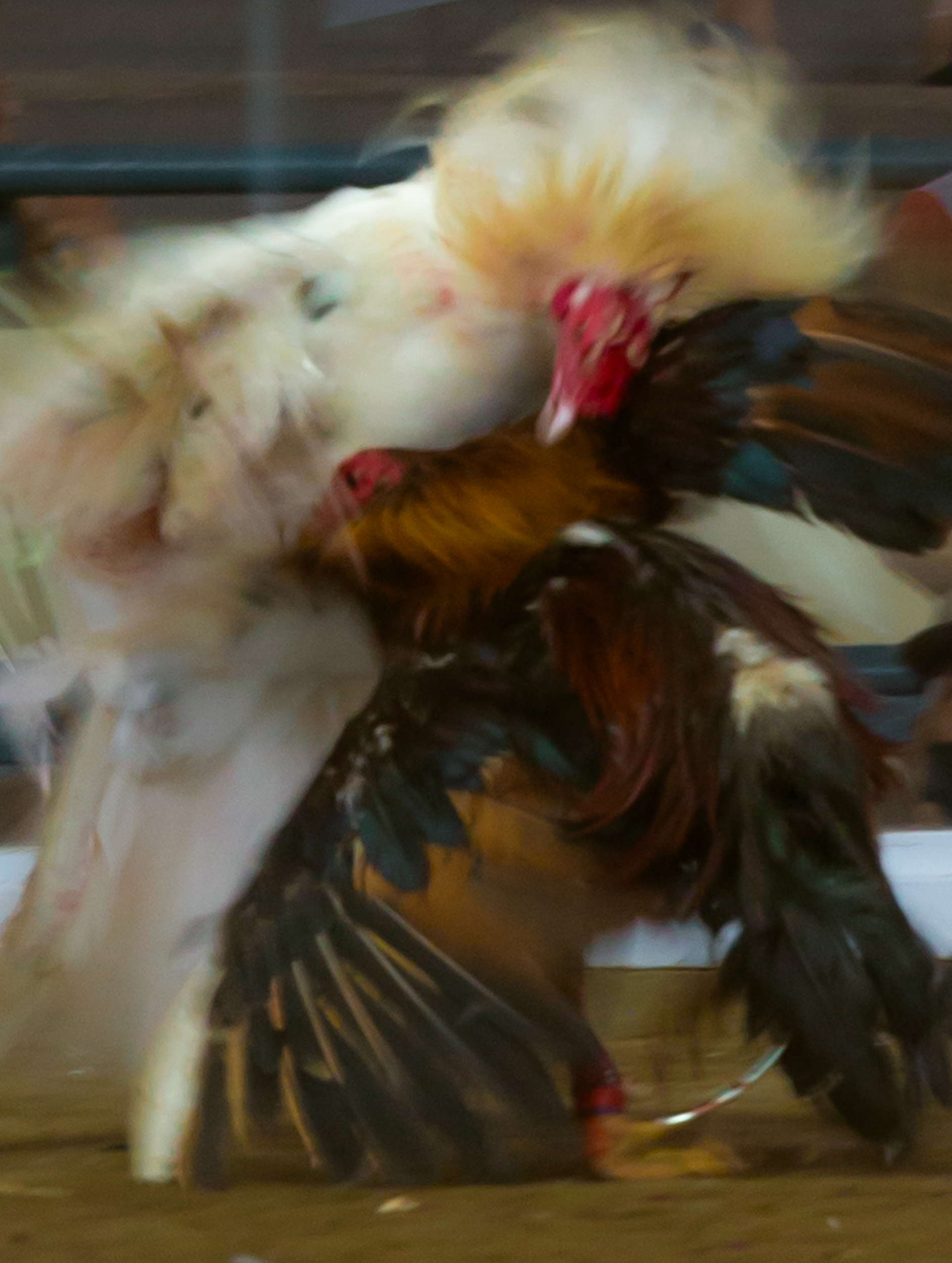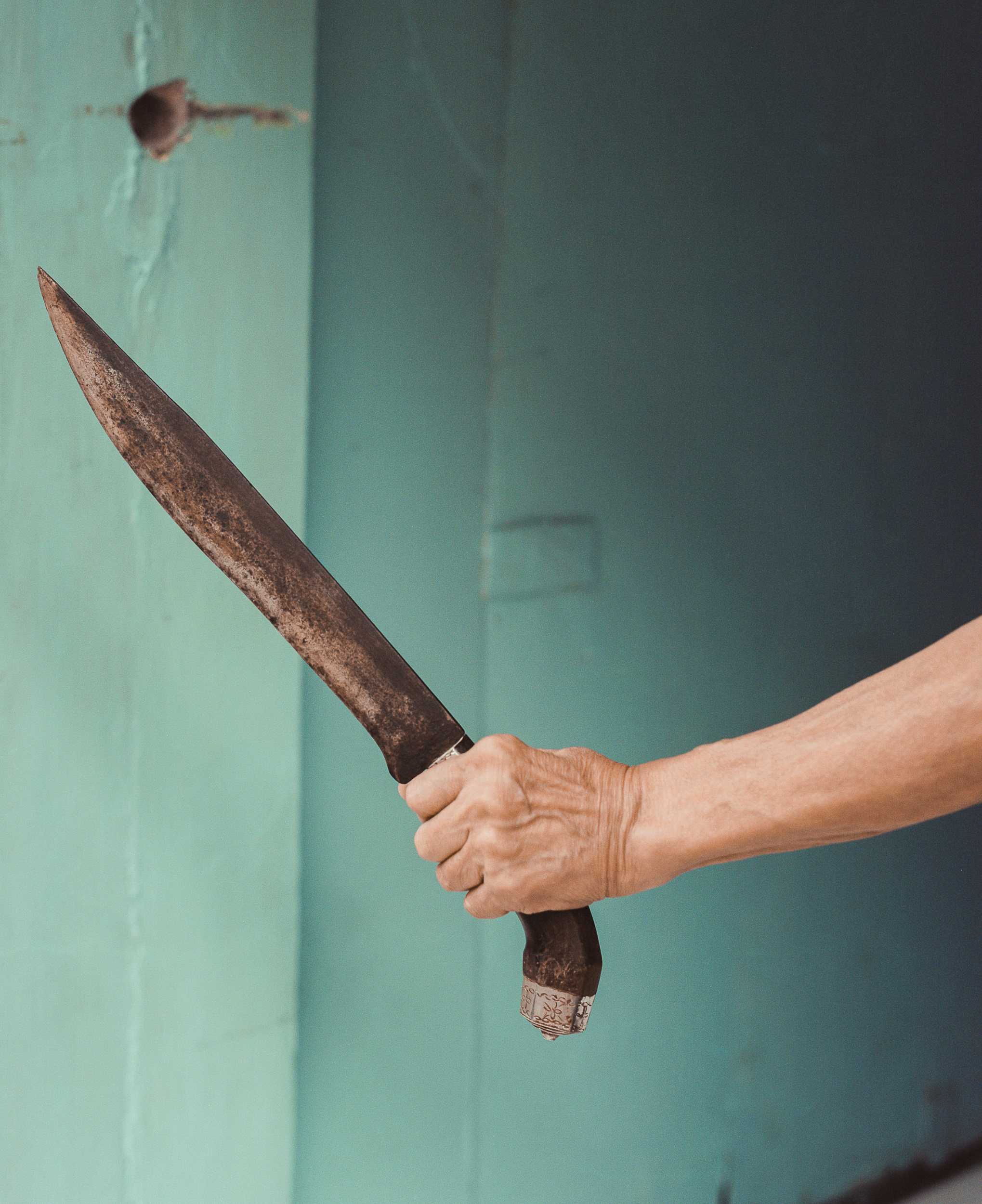All images © Chelsea Pineda
The emerging Filipino-American artist’s project Barako exhibited at Photo Fringe 2024
Every man must, at some point, confront the ways in which patriarchal culture shapes and limits his understanding of himself. Systems of patriarchy have long denied men access to full emotional well-being, discouraging tenderness, vulnerability, and deep self-reflection. Instead, intimacy is often replaced by dominance, submission, suppressed anger, and a cycle of manipulation – of both the self and others. These inherited structures of masculinity are passed down from generation to generation, creating deeply ingrained patterns, particularly in father-son relationships but also in father-daughter ones. This complex dynamic is at the heart of Barako, a multimedia project by emerging Filipino-American artist Chelsea Pineda, who critically examines the legacy of masculinity through the lens of her own father’s boyhood.
Using a combination of photographs, archival print media, recorded interviews and prose, Pineda reconstructs her family’s oral histories, creating an intimate yet expansive portrait of her father, his past, and their evolving relationship. Barako meditates on themes of masculinity, legacy, and paternal relationships by visually exploring five significant fights her father engaged in as a serial street fighter in the Philippines.
“Growing up between the province of Lucban and the metropolis of Manila during the 1960s and 70s — when the ‘barako’ (Filipino for ‘tough guy’) archetype was idolised – my father was engrossed in martial arts and boxing training,” Pineda tells me.
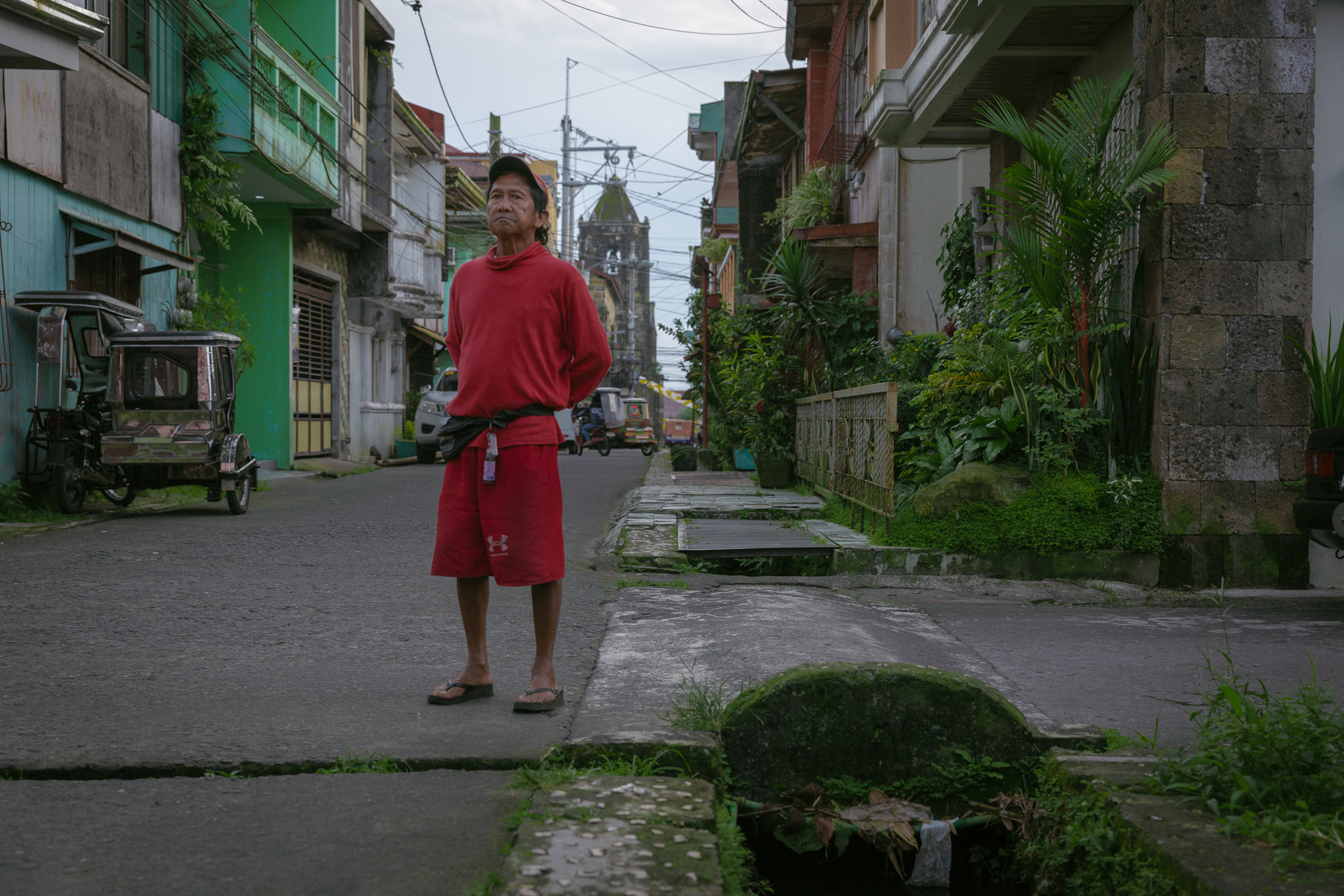
“There are many ways to embody masculinity, and there’s always potential to redefine it”
The project received recognition when it was exhibited as part of Photo Fringe 2024, where it was presented in the form of a digital exhibition. Barako went on to receive the Danny Wilson Memorial Award.
Romel, Pineda’s father, was immersed in a culture where toughness was not just respected but expected. From a young age, he was trained in combat, engaging in street fights that were as much about survival as they were about proving one’s strength. While this era glorified the ‘barako’ archetype – the tough, resilient man – Pineda reveals that her father’s aggression was not solely a product of his environment but also a response to his own father’s rigid discipline. His physical toughness was, in part, a reaction to the emotional suppression ingrained in the men before him. Yet beneath his hardened exterior, moments of tenderness emerged, whether in acts of care, like secretly bringing food to a friend in need, or in his quiet moments of solace found in nature.
For Pineda, understanding masculinity is essential to questioning broader social systems, particularly patriarchy and the rigid conventions of gender roles. “I was drawn to exploring masculinity because of its deep influence on my lineage and my father’s life,” she explains. “There are many ways to embody masculinity, and there’s always potential to redefine it – especially in ways that don’t have to be synonymous with toxicity or an unequal claim to power.”
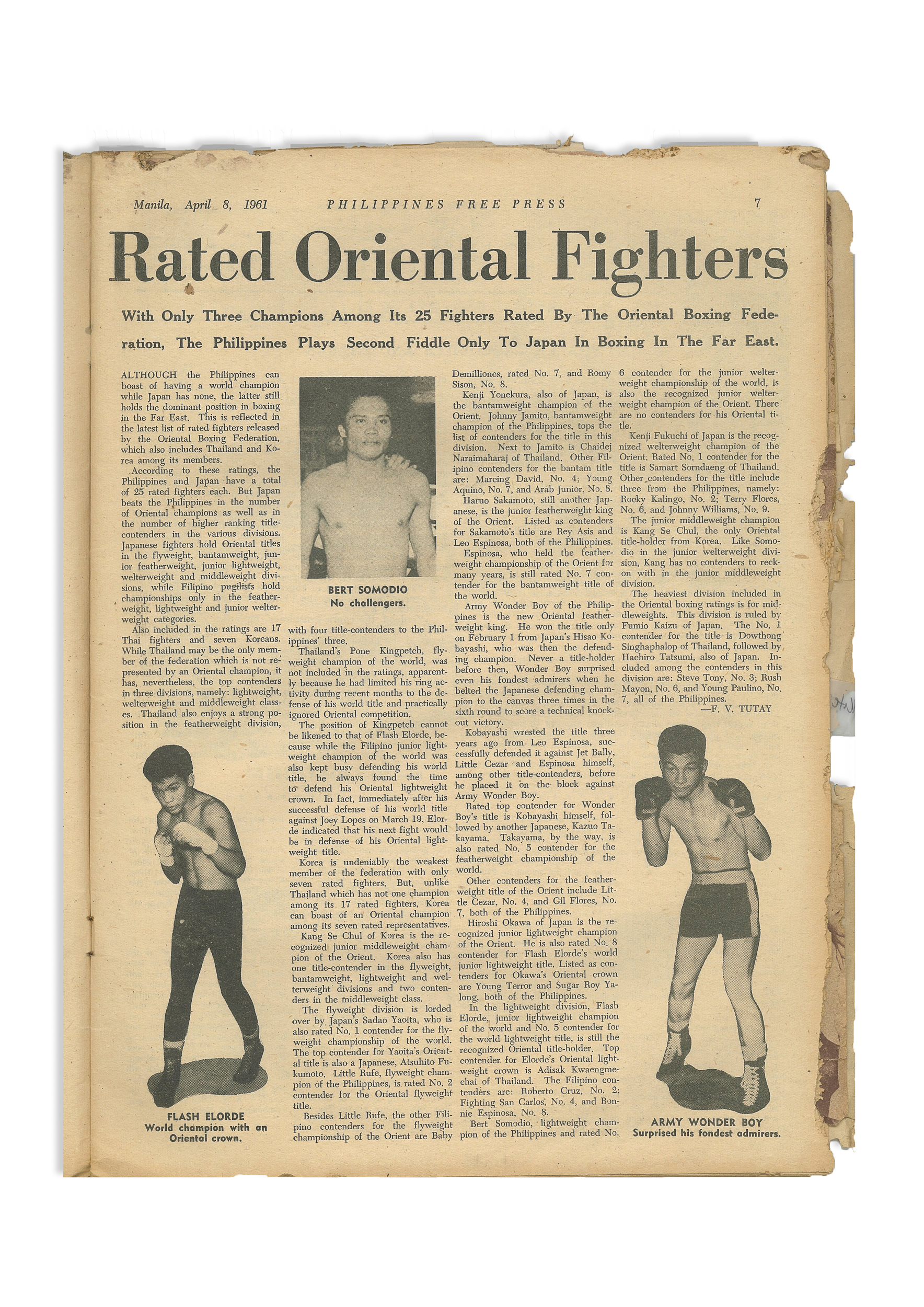
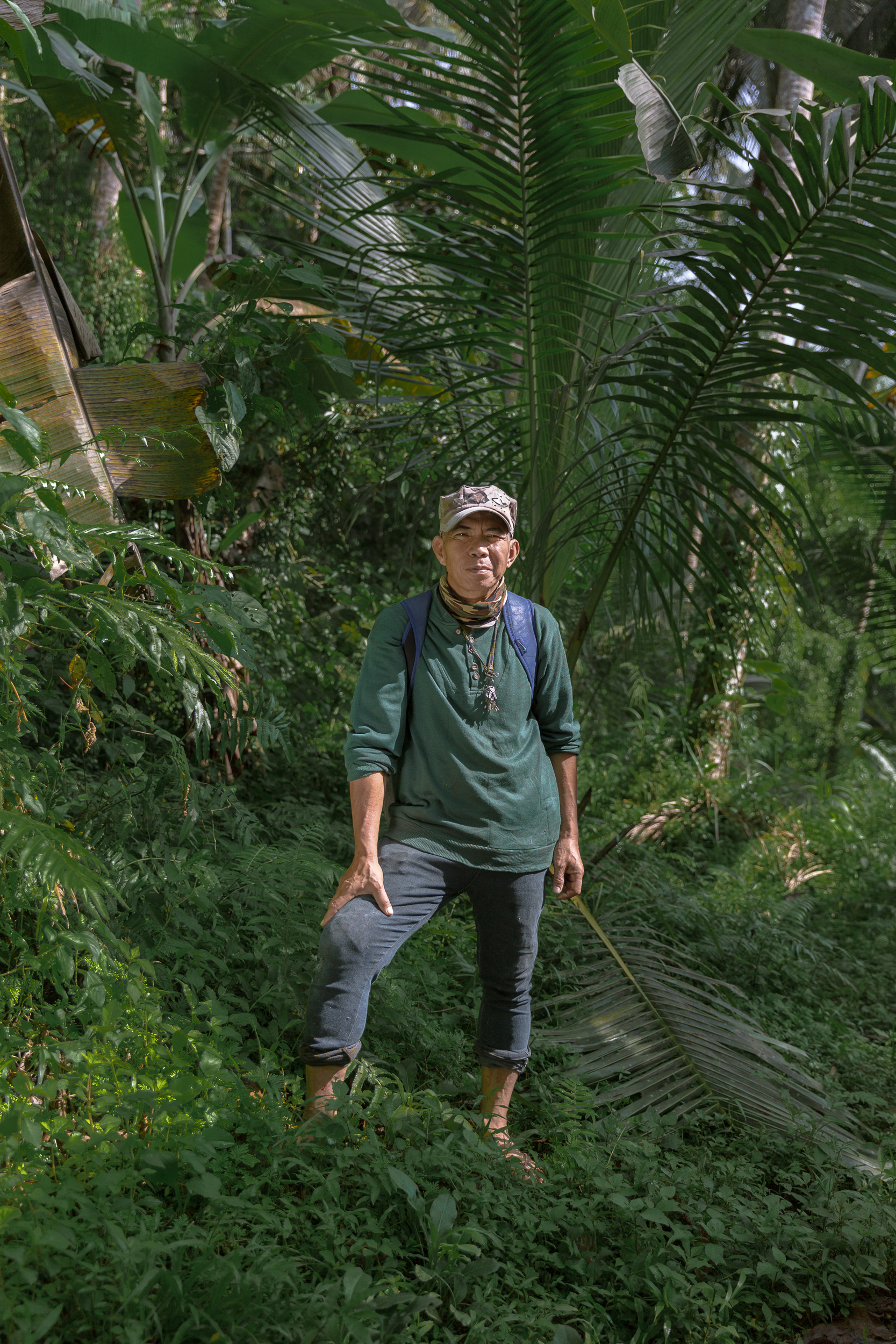
In Barako, masculinity is not portrayed as inherently negative, but rather as a (stereotyped) construct that can be reimagined. The ‘barako’ ideal often functions as a self-protective mechanism, a coping strategy to avoid vulnerability. In this context, anger becomes a more acceptable expression than sadness or fear. It can feel more actionable, more empowering – yet beneath it lies the agony of believing one cannot be understood or that one’s emotions are unworthy of being shared.
How, then, does tenderness manifest within a structure that prioritises dominance? In Pineda’s work, glimpses of spontaneous fraternity emerge – intimate moments of family life, such as gatherings around a dinner table or casual interactions between friends. These images are interwoven with archival photographs of street fights and new imagery shot by the artist in response to her father’s past. By integrating personal archival family photos with contemporary photography, writing, and audio interviews, Pineda expands the conversation beyond nostalgia, using the archive as an active, evolving space for reflection and critique.
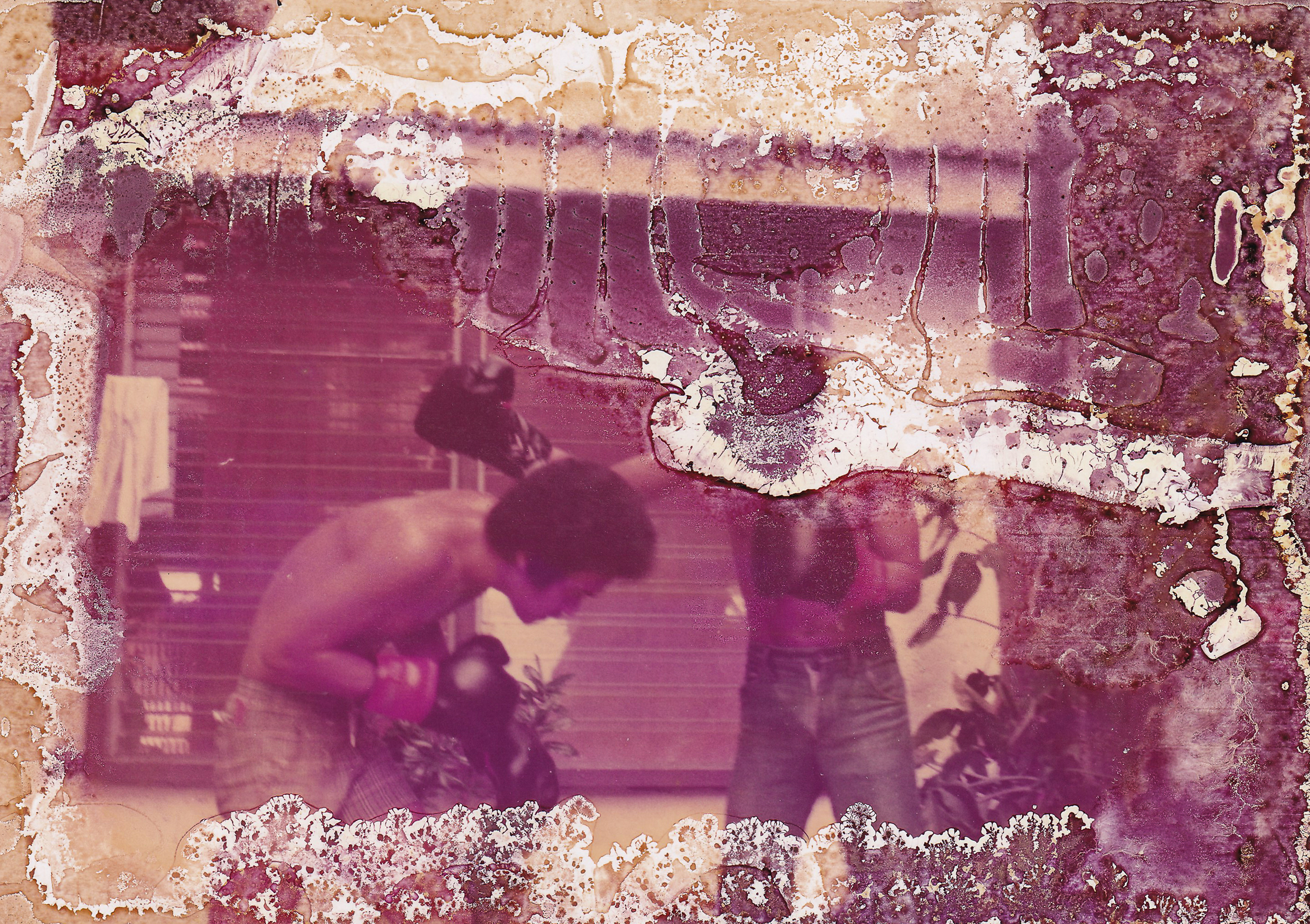
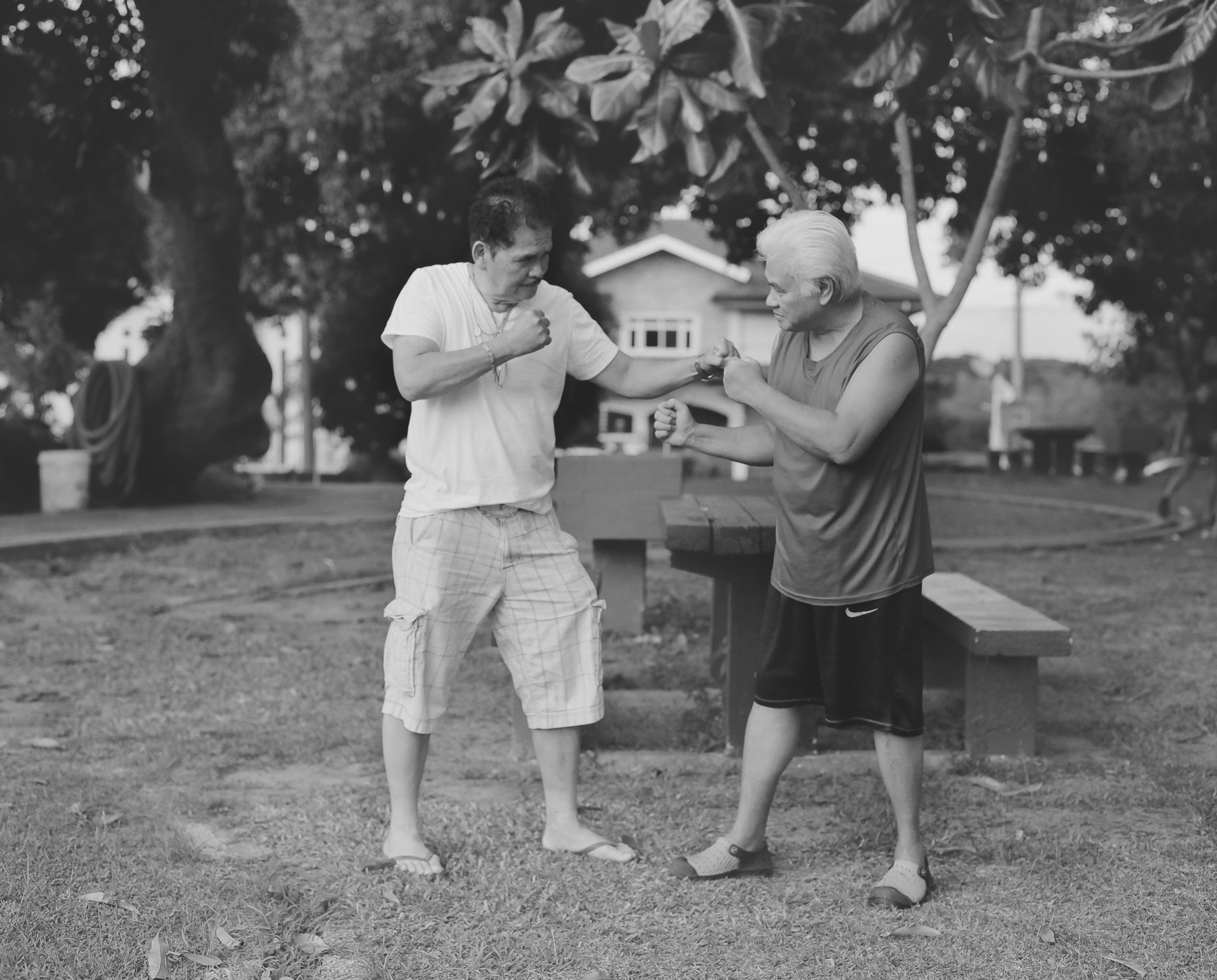
“What of the tenderness and curiosities that come with the nature of boyhood? What of that is just as necessary for both physical and emotional survival – especially as a boy becomes a man? What survives?” Pineda asks.
These questions underpin Barako, as Pineda excavates the emotional complexities often overlooked in traditional narratives of masculinity. Rather than offering a singular conclusion, her work invites viewers to reconsider the often rigid, binary ways masculinity is framed in society.
Through her interdisciplinary approach, Pineda does not just document the past but actively engages with it, raising broader questions about inherited behaviors, resilience, and the emotional weight carried through generations. By curating and expanding her family’s archive, Pineda crafts a deeply personal yet universally resonant exploration of what it means to be a man within the structures of power and vulnerability.
